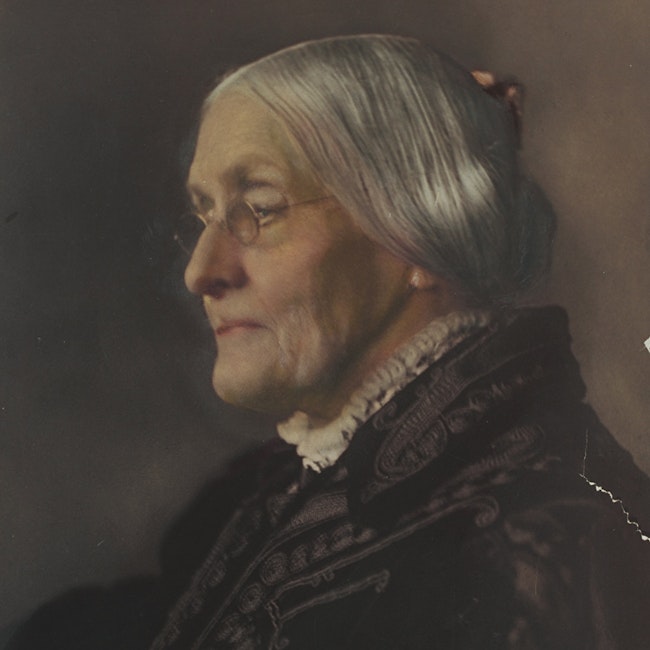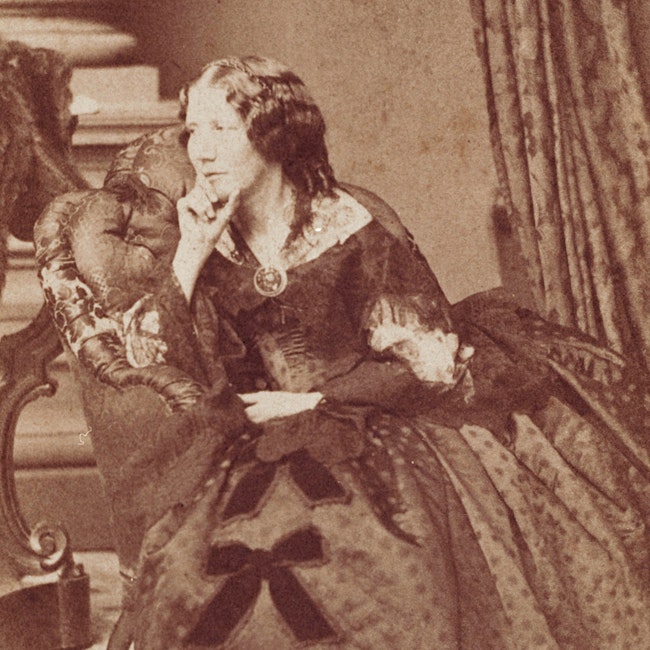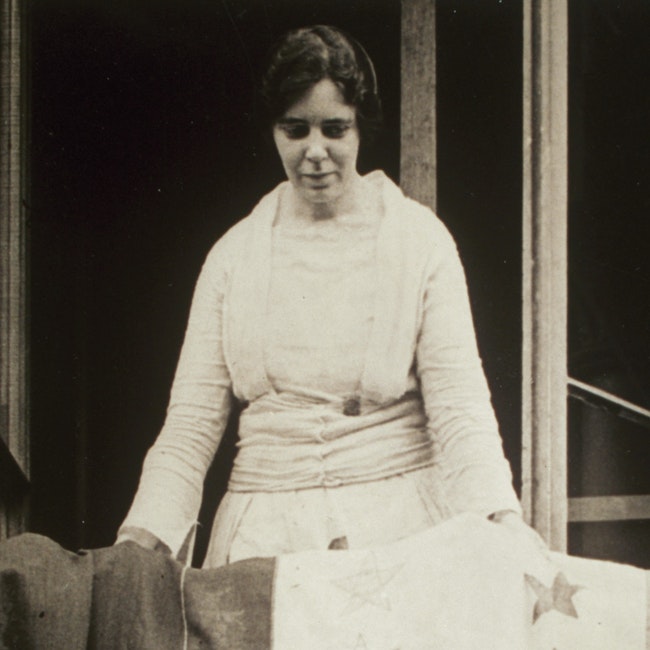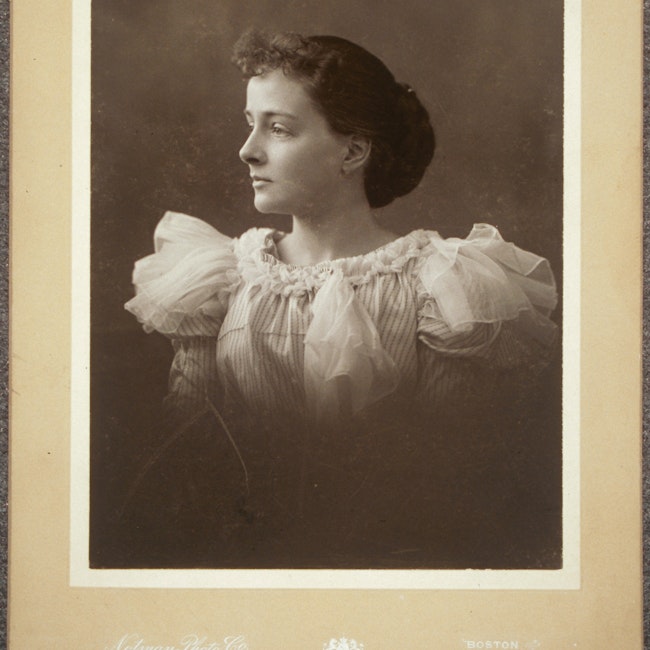Blackwell Family
The extraordinary Blackwell family, four generations of whom are represented in these papers, played important roles in 19th and 20th century American social reform movements: abolition of slavery, women’s rights, woman’s suffrage, and temperance. For more than a century and across generations, the Blackwells offered each other advice on courtship, marriage, finances, domestic relations, health, and childrearing. In addition to personal and family matters, these documents highlight the important issues the Blackwell family confronted.
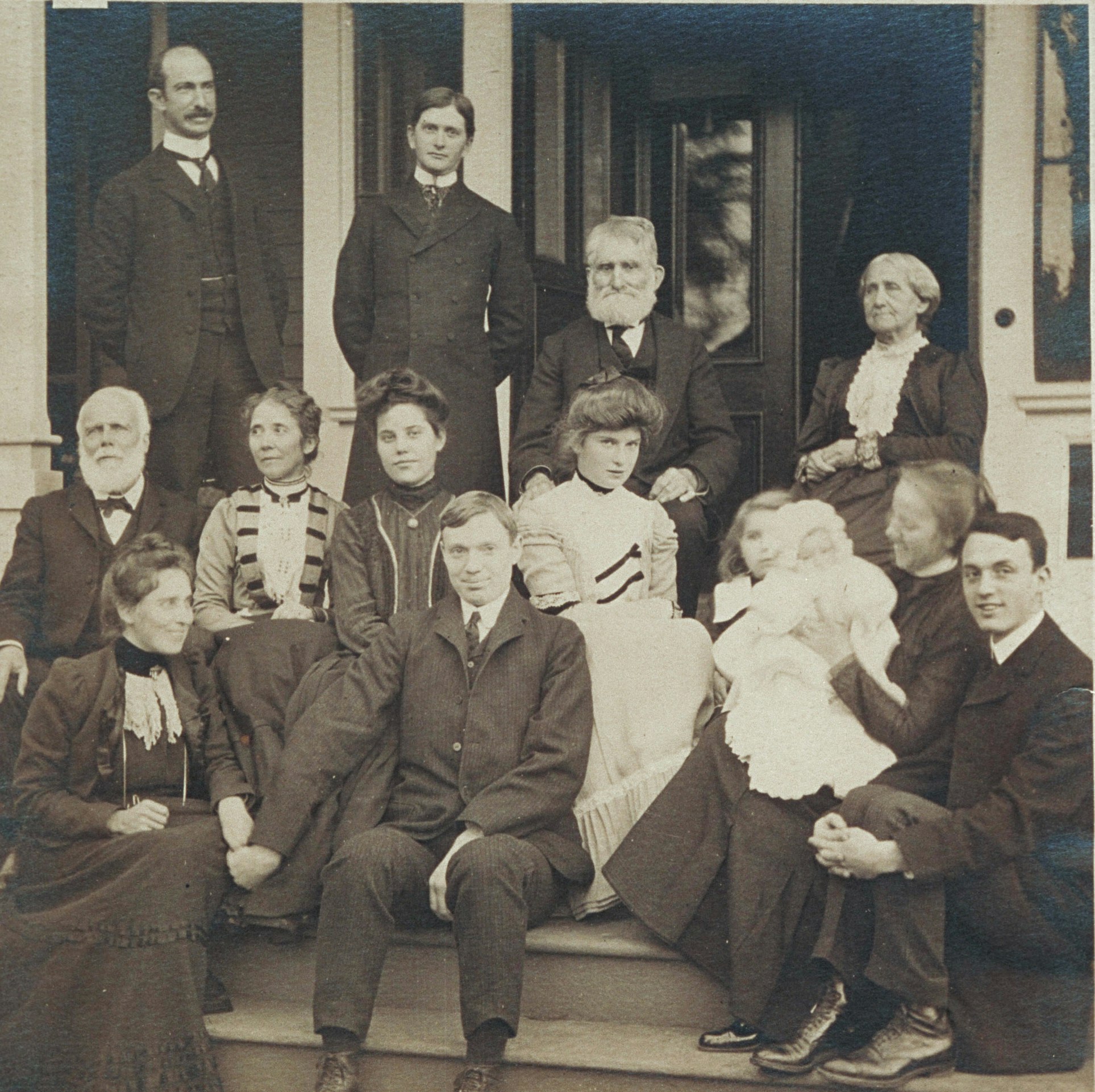
Hannah (1792–1870) and Samuel (1790–1838) Blackwell immigrated to the United States from England with their nine children in 1832. Their extraordinary family, four generations of whom are represented in these papers, went on to play important roles in 19th and 20th century American social reform movements: abolition of slavery, women’s rights, woman’s suffrage, and temperance. Two of their daughters were pioneering doctors; Elizabeth Blackwell (1821–1910) was the first woman to obtain a medical degree in the United States, and she and her sister Emily (1826–1910) were instrumental in promoting medical education for women. Their brother Henry Browne Blackwell (1825–1909), his wife Lucy Stone (1818–1893), and their daughter Alice Stone Blackwell (1857–1950) were known for their leading roles in the abolition, woman’s suffrage, and prohibition movements; and their sister-in-law Antoinette Brown Blackwell (1825–1921) was the first woman ordained as a minister in the United States and an active social reform lecturer.
For more than a century and across generations, the Blackwells offered each other advice on courtship, marriage, finances, domestic relations, health, and childrearing. In addition to personal and family matters, these documents highlight the important issues the Blackwell family confronted: abolition; the women’s rights and woman’s suffrage movements in the United States and England; temperance; education of women and the entrance of women into the professions; public health; and Utopian movements. Notable correspondents include abolitionists Gerritt Smith, Julia Ward Howe and Samuel Howe, Horace Greeley, and William Lloyd Garrison; suffrage activists Elizabeth Cady Stanton and Susan B. Anthony; and English women doctors with whom Elizabeth Blackwell collaborated and worked.
Records of the Woman’s Journal, a weekly newspaper focused on women’s rights and suffrage issues, founded by Henry Blackwell and Lucy Stone in 1870, are included in this collection. Letters, deeds, and financial records document the many communities in which the Blackwells lived: East Orange, New Jersey; Gardner, Martha's Vineyard, and Cambridge, Massachusetts; Ohio; New York City; London. Individual family members contributed their energy, zeal, and reform-mindedness to their local communities and to the greater American society.
The digitization of the Schlesinger Library’s Blackwell family papers was generously funded by the National Historical Publications and Records Commission in 2013–2015.
